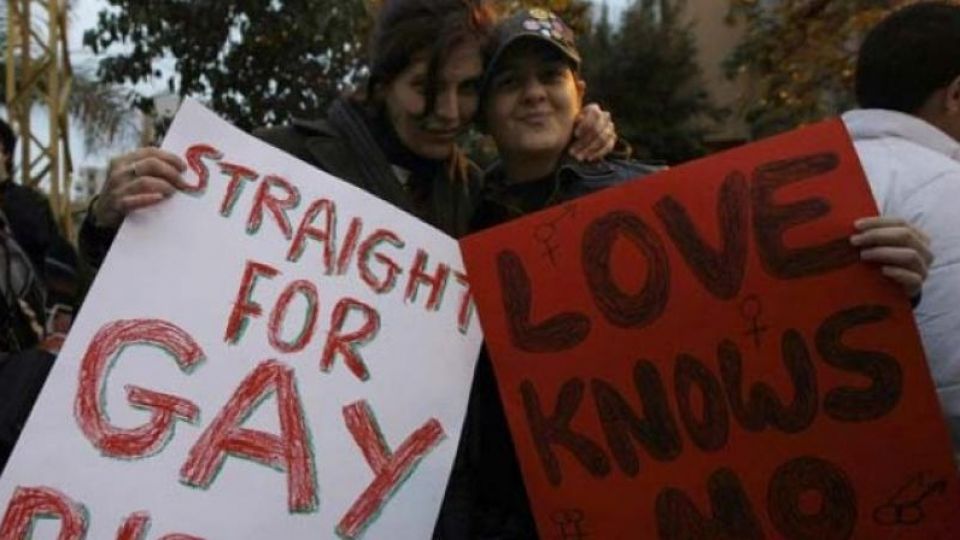July 13, 2018
India’s LGBT community was outraged when a landmark ruling decriminalising homosexual acts was reversed in 2013 – the constitutional validity of this colonial-era law is being re-examined.
India’s top court, which is hearing a clutch of petitions challenging the validity of a British-era law that bans homosexual acts, has raised the hopes of the country’s LGBT community once again.
India’s LGBT community was outraged when the Supreme Court reversed a landmark 2009 Delhi High Court ruling in December 2013 that decriminalised homosexual acts.
In January this year, the Supreme Court said a larger bench would revisit and examine the constitutional validity of Section 377.
Section 377 of the Indian Penal Code (IPC) is a 153-year-old law which states that a same-sex relationship is an “unnatural offence” and punishable by a 10-year term. Often this law is used to intimidate, blackmail and extort money from the LGBT community.
The five-judge bench, headed by the Chief Justice of India, began hearing the petitions on July 10. A day earlier, the court had rejected the Indian government’s plea for adjourning a scheduled hearing.
The top court recently ruled that privacy is a fundamental right, raising expectations that the panel will overturn the law criminalising consensual sexual relations between adults of the same sex.
Homosexual acts are illegal not just in India but also the religiously conservative subcontinent – Sri Lanka, Pakistan and Bangladesh – are all against same-sex relations.
The Hearing
On day three of the hearings, the apex court observed that once Section 377 is decriminalised, the stigma attached to the LGBT community will also go.
“Over the years, we have created an environment in Indian society which has led to deep-rooted discrimination against people of the same sex involved in a consensual relationship and this has impacted their mental health also,” the bench said on July 12.
The court rejected a demand for a referendum over the constitutional validity of Section 377 saying it would not go by majority opinion but be governed by constitutional morality.
“We do not decide constitutional issues by conducting a referendum. We follow the concept of constitutional morality and not majority morality,” the bench told a lawyer favouring retention of Section 377.
The Indian government said it would not take a stand on the validity of Section 377, but leave the decision to the wisdom of the apex court.
During the first two days of the hearing, the petitioners argued that Section 377 was the result of a Victorian-era morality and that it should be struck down immediately.
Around 2.5 million Indians identify as gay. This data is not inclusive as it takes into account only those who have declared their sexuality to the health ministry.
In 2015, 1,347 cases were lodged under Section 377. In 814 of them, the victims were children, according to National Crime Records Bureau data quoted by Al Jazeera.
The change in law will help ameliorate the condition of the transgender community, too, which is often forced into sex work. In April 2014, the Supreme Court recognised the community as a legal third gender.
The advancing of arguments remained inconclusive on July 12 and would resume on July 17. However, there is a good chance that consensual homosexual sex may once again be decriminalised.


